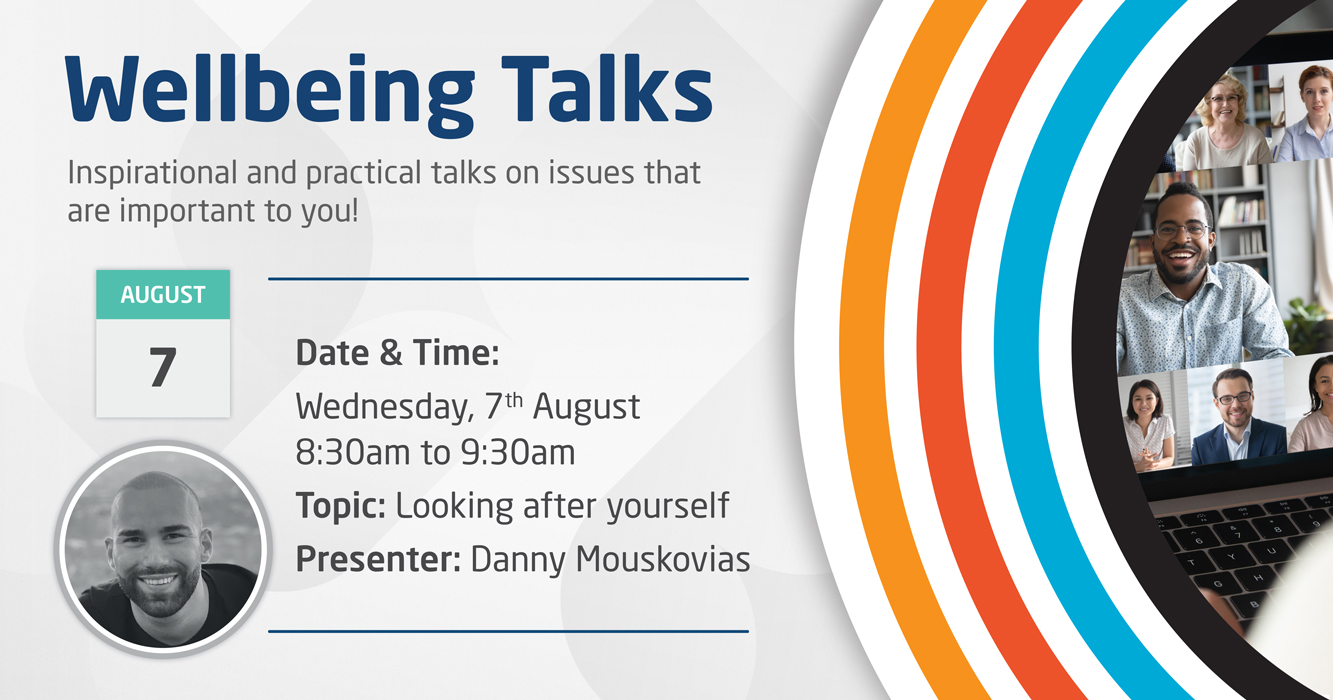August
Health & Wellbeing
This August, we are focusing on the importance of prioritising our health and wellbeing, both physical and mental. We are exploring ways to utilise nature to better our overall sense of balance and how best to overcome adversity. Self-care is such an important element of how we treat ourselves and what many do not realise, is that everyone can show themselves ‘self-care’, and in so many different ways.

Embracing the Great Outdoors: The Health Benefits of Nature
As we navigate through our daily routines within the confines of office spaces and our homes, we often neglect the essential connection between our health and the great outdoors. It’s time to step outside and let nature work its magic on our wellbeing.
1. Natural Stress Reliever: Studies have shown that spending time in nature can significantly reduce stress levels. The sights, sounds, and smells of the outdoors stimulate our senses in a soothing way, promoting relaxation.
2. Improved Physical Health: Outdoor activities often involve some level of physical exercise, be it a gentle walk or an intense hike. Regular physical activity is known to improve cardiovascular health, strengthen muscles, and enhance flexibility.
3. Mental Clarity and Focus: Disconnecting from the digital world to immerse oneself in nature can help clear the mind. Natural environments encourage a mindful presence and can improve concentration and cognitive function.
4. Boost to Immune System: Regular exposure to nature and its diverse microbiome can bolster the immune system, making us more resilient to pathogens.
5. Vitamin D Boost: The sun is a natural source of Vitamin D, essential for bone health and metabolic function. A sensible amount of sun exposure can help maintain adequate Vitamin D levels.
Actionable Advice:
Plan Regular Outdoor Activities: Schedule a daily or weekly ‘nature date’ for yourself. It could be as simple as a walk in the park, a morning jog, or a weekend hike.
Engage in Outdoor Sports: Pick up an outdoor sport like cycling, rock climbing, or paddleboarding. These activities are not only fun but also offer full-body workouts.
Try ‘Green Exercise’: Combine exercise with nature by practicing yoga in a park or doing bodyweight workouts in your backyard.
Gardening: Start a small garden or even a balcony pot plant collection. The act of nurturing plants can be therapeutic and grounding.
Al Fresco Dining: Whenever possible, take your meals outside. This small change can shift your perspective and elevate your mood.
Seeking Balance in Life: Addressing Our Leaky Buckets
Imagine life as a bucket filled with water, with each aspect of life contributing to keeping that bucket full. However, stressors and obligations can create holes – ‘leaks’ – from which water escapes. The art of seeking balance is much like managing this ‘leaky bucket.’
1. Identifying the Leaks: Understanding what aspects of life drain your energy is the first step. It could be overworking, poor sleep, or unhealthy relationships.
2. Prioritise Repairs: Focus on the most impactful leaks first. If work is causing significant stress, it may be time to delegate tasks or seek support.
3. Maintain the Water Level: Find activities that replenish your energy – it could be as simple as reading, practicing meditation or engaging in a hobby.
4. Regular Check-ins: Balance is not a one-time fix but a continuous process. Regularly assess your life for new leaks and address them promptly.
Actionable Advice:
Conduct a Life Audit: Take some time to write down all your activities and responsibilities, then note which ones add to your life and which ones drain you.
Learn to Say No: Empower yourself to decline requests and invitations that don’t align with your goals or that lead to over commitment.
Incorporate Mindfulness: Start or end your day with meditation or deep-breathing exercises to center yourself and repair those ‘leaks.’
Regular Rest: Ensure you get adequate sleep and incorporate short breaks throughout your day to prevent burnout.
Hobbies: Rekindle or discover a hobby that brings you joy and allows you to recharge.
Overcoming Adversity: Navigating Life’s Challenges
We all face challenges, but it’s how we overcome them that defines our path forward. Adversity, such as receiving a difficult diagnosis or going through tough times, can be daunting.
1. Acceptance: Acknowledge the situation. It’s the first step in taking control and devising a plan to navigate the challenge.
2. Seek Support: You don’t have to do it alone. Lean on friends, family, or support groups who understand what you’re going through.
3. Develop Resilience: Use adversity as a learning opportunity. Building resilience can help you cope more effectively with future challenges.
4. Take Action: Determine what steps you can take to manage the situation. Sometimes, small, manageable actions can lead to significant positive changes over time.
Actionable Advice:
Create a Coping Toolbox: This could include stress-relief strategies that work for you, such as journaling, meditation, or creative expression through art or music.
Educate Yourself: Knowledge is power. Understand your adversity by researching, asking experts, or joining forums with those who have faced similar challenges.
Set Achievable Goals: Break down your response into small, achievable steps. Celebrate each victory to motivate yourself to keep going.
Professional Help: Don’t hesitate to seek out counseling or therapy. These resources can provide valuable strategies and support systems.
Maintain Routine: Establishing a routine can provide a sense of normalcy and control amidst chaos.
The Art of Self-Care: Treating Yourself with Compassion
Self-care is an essential practice that often gets overlooked. It’s about treating yourself with the same compassion and kindness that you would offer to others.
1. Understand Self-Care: It’s not just about pampering. It’s about making choices that support your long-term wellbeing and happiness.
2. Physical Self-Care: This can be as simple as prioritizing sleep, engaging in regular exercise, or eating nutritious foods.
3. Emotional Self-Care: Take time to connect with your feelings, practice self-compassion, and maybe even seek therapy if you feel it could help.
4. Mental Self-Care: Give yourself permission to take breaks, set boundaries to prevent burnout, and engage in stimulating activities that bring joy.
Actionable Advice:
Self-Care Plan: Draft a self-care plan that covers various aspects – physical, emotional, and mental – and stick to it.
Digital Detox: Designate times when you disconnect from all electronic devices to give yourself a break from digital noise.
Nutrition: Plan your meals with a focus on whole foods. Prepping meals ahead can help maintain a healthy diet amidst a busy schedule.
Creative Expression: Allocate time for creative pursuits like writing, painting, or playing music. These activities can be fulfilling and a form of emotional release.
Mindful Reflection: Spend a few minutes each day reflecting on what you’re grateful for. Gratitude can shift your mindset and improve emotional wellbeing.
